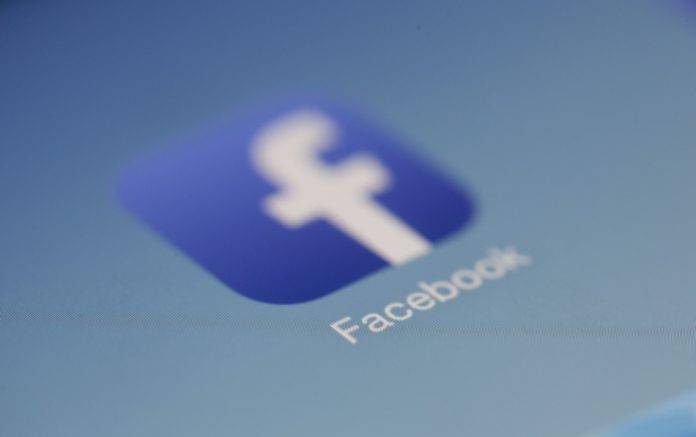The revelation Cambridge Analytica acquired the records of 50 million Facebook users has raised concerns
If the revelations that Cambridge Analytica acquired the records of 50 million Facebook users has you wondering how to protect your own personal information, you may already have discovered the maze of privacy settings the social networking site offers.
First, the good news: the feature that allowed the most egregious data harvesting used by the company that gave Cambridge Analytica its data is no longer on the site.
Before 2016, Facebook apps could ask for permission to access not only your own data, but also the data of all your friends on the platform. That means that around 300,000 people could sign up for a personality test quiz, and in the process hand over information of 150 times that number.
Now, however, Facebook apps are only allowed to gather information from users who have directly signed up for them, greatly limiting their reach. That change was made in 2014, and rolled out to every Facebook app over the course of 2015.
But it’s still the case that apps which you have directly enabled can harvest a significant amount of data from your account – often information which you might be surprised to know you’re handing over.
The app settings page on Facebook is the place to manage the apps you’ve given access to. Clicking on the link will bring up a list of apps under “logged in with Facebook”. Hopefully you’ll recognise most of them – if there’s any you don’t, consider clicking the “X”, deauthorising them from your account.
You might also want to click on the edit button under the “apps others use” heading lower down the page. This takes you to your privacy settings for the modern version of the same feature Cambridge Analytica profited from. The information others can hand over on your behalf is limited, but still includes data such as your date of birth, religious and political views, and activities, interests and things you like. Consider unchecking all the boxes. According to Facebook, leaving them all checked will make your friends’ “experience better and more social”, which doesn’t seem like a good trade-off for you.
If that’s not enough for you to feel safe, maybe now’s the time to delete your Facebook account altogether.
That’s somewhat harder to do. If you go through the account settings, Facebook will attempt to push you to “deactivate” your account, which “will disable your profile and remove your name and photo from most things that you’ve shared on Facebook”. Notably, it won’t remove any of your data from Facebook’s servers, and your account lies dormant hoping you will change your mind.
If you actually want to delete your information from Facebook, the real setting is hidden in a help document with the title “how do I permanently delete my account?” Clicking on “let us know” on that page will take users to the real account deletion screen. Clicking “delete my account” will take you to another screen. Filling in your password and proving you aren’t a robot on that screen will finally… deactivate your account. Wait two weeks after that, and then, at long last, Facebook will begin the 90 day process of deleting all your data from the site.
By September, then, you too could be Facebook-free. – Guardian
Original Story














